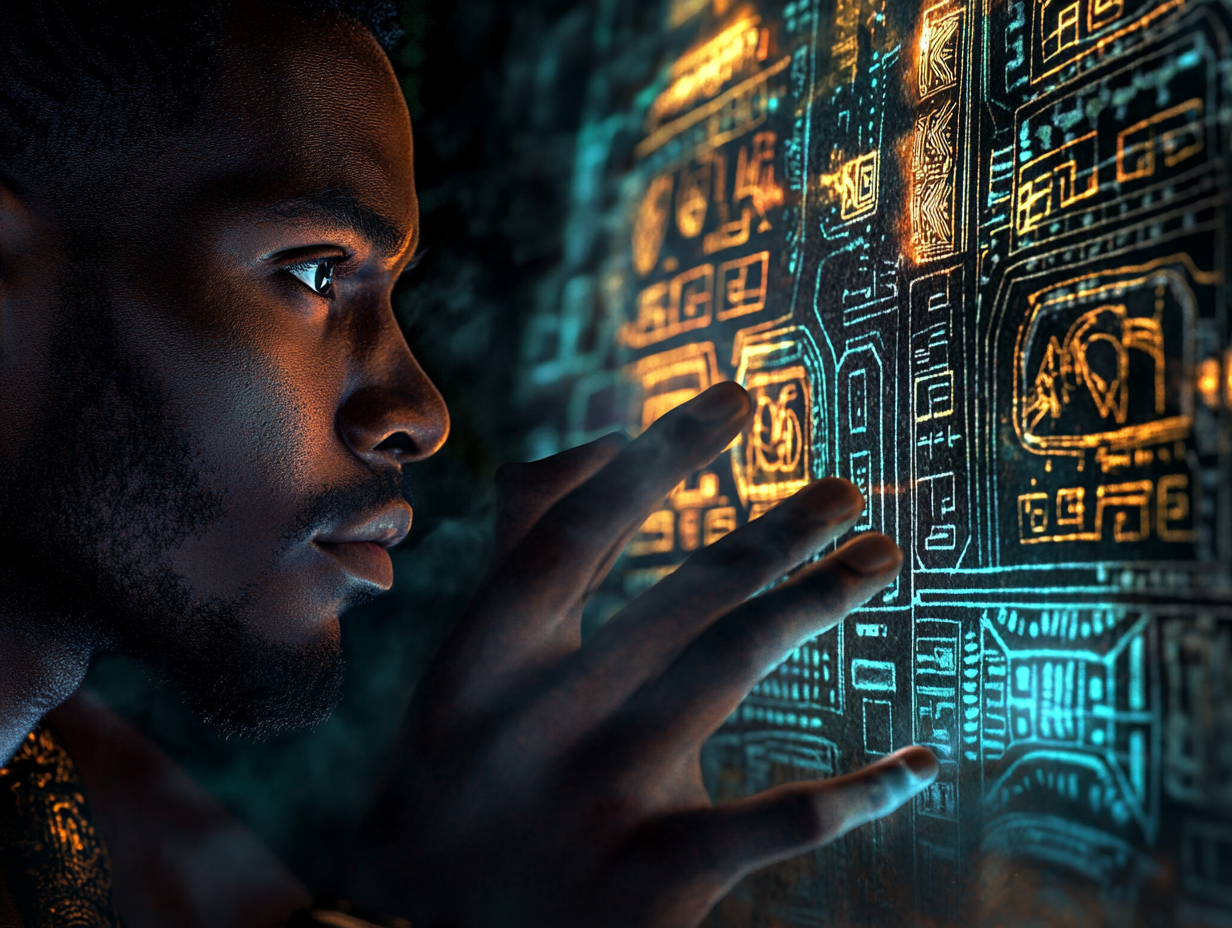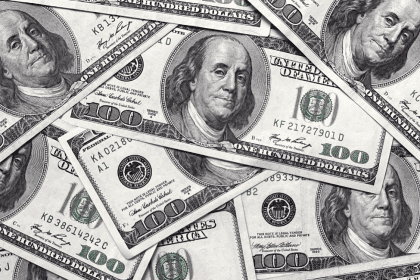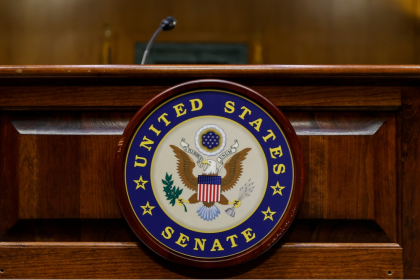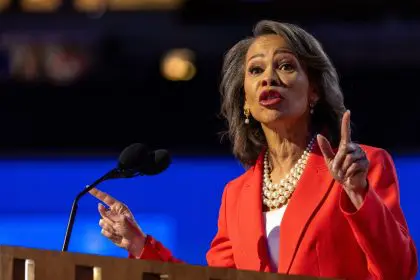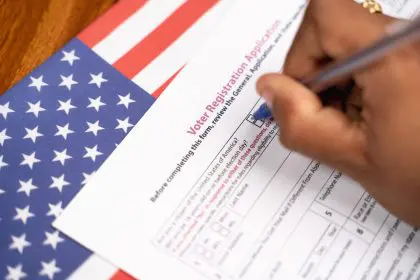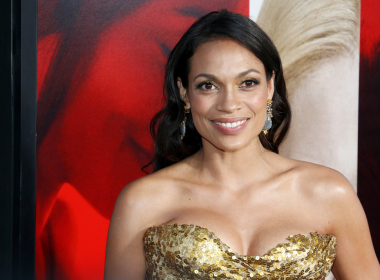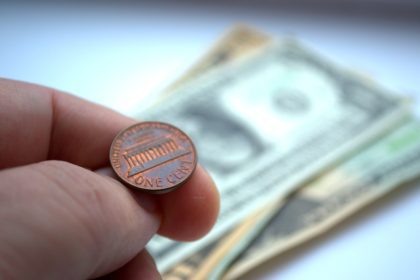Senator Peter Welch (D-Vt.) introduced groundbreaking legislation aimed at protecting creators from unauthorized use of their work in AI training. The Transparency and Responsibility for Artificial Intelligence Networks (TRAIN) Act enables copyright holders to investigate AI training data through subpoenas.
The bill requires creators to show “good faith belief” their work was used in AI training, while developers must disclose relevant training materials or face presumption of copyright violation. Welch emphasized, “If your work is used to train A.I., there should be a way for you to determine that and get compensated.”
This legislation follows growing concerns after Midjourney’s viral spreadsheet revealed thousands of artists’ works used without permission in AI training. Major media outlets including The New York Times and The Wall Street Journal have filed lawsuits against AI companies like OpenAI for alleged copyright infringement.
SAG-AFTRA, the American Federation of Musicians, and the Recording Academy support the act, alongside prominent figures like Julianne Moore and James Patterson. Their backing highlights widespread creative industry concern over AI’s impact on intellectual property rights.
The bill addresses a critical gap in federal AI regulation, joining similar proposals like the “NO FAKES” Act and “AI CONSENT” Act awaiting votes. Welch plans to reintroduce the legislation in January if unpassed this session.
Legal experts note the act’s potential to establish precedent for AI development oversight. Technology analysts suggest implementation could significantly impact AI companies’ training practices.
Industry observers highlight how the legislation could reshape relationships between creators and AI developers. Copyright attorneys emphasize the act’s role in modernizing intellectual property protection.
Digital rights advocates praise the bill’s focus on transparency while maintaining innovation potential. Creative professionals express optimism about enhanced control over their work’s use in AI development.
Market analysts predict the act could influence AI company valuations and development strategies. Investment experts monitor potential impacts on AI startup funding and development costs.
Cultural commentators note growing public support for artist protection in the AI era, suggesting broader shifts in attitudes toward technological innovation and creative rights.
Technology policy researchers examine potential international implications as other countries consider similar legislation. Global intellectual property experts anticipate worldwide ripple effects from U.S. regulations.
AI developers express concerns about implementation challenges while acknowledging need for creator protections. Industry leaders propose alternative frameworks for balancing innovation with rights protection.
Entertainment unions report increased member engagement on AI issues following the bill’s introduction. Labor organizations prepare educational initiatives about creator rights in AI development.
Economic analysts study potential market adjustments as AI companies factor compliance costs into business models. Venture capitalists reassess investment strategies in AI development sectors.
Legal scholars debate the act’s broader implications for copyright law in the digital age. Constitutional experts examine First Amendment considerations in AI training regulation.
The legislation sparks renewed discussion about fair compensation models for creative work used in technological development. Artist advocacy groups propose frameworks for implementing compensation systems.

